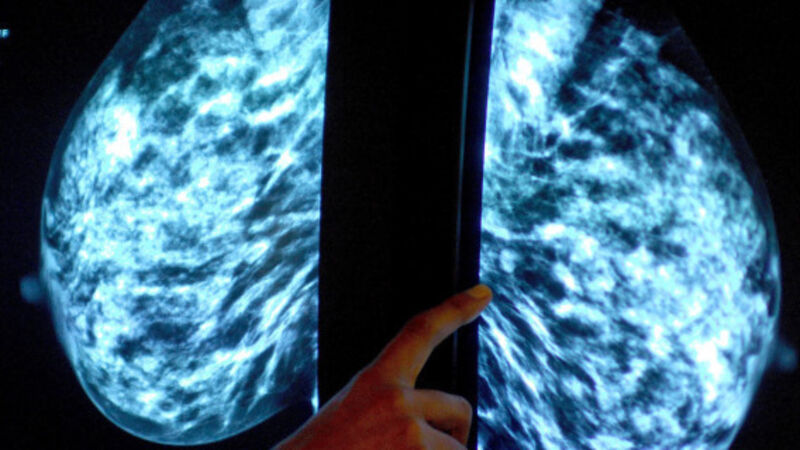Study targets ‘cancer gene’

Research funded by the Irish Cancer Society explored the incidences of certain genetic mutations in lung cancer patients.
It identified a gene called PIK3CA that appears to be quite high among the Irish population, compared with international rates.













